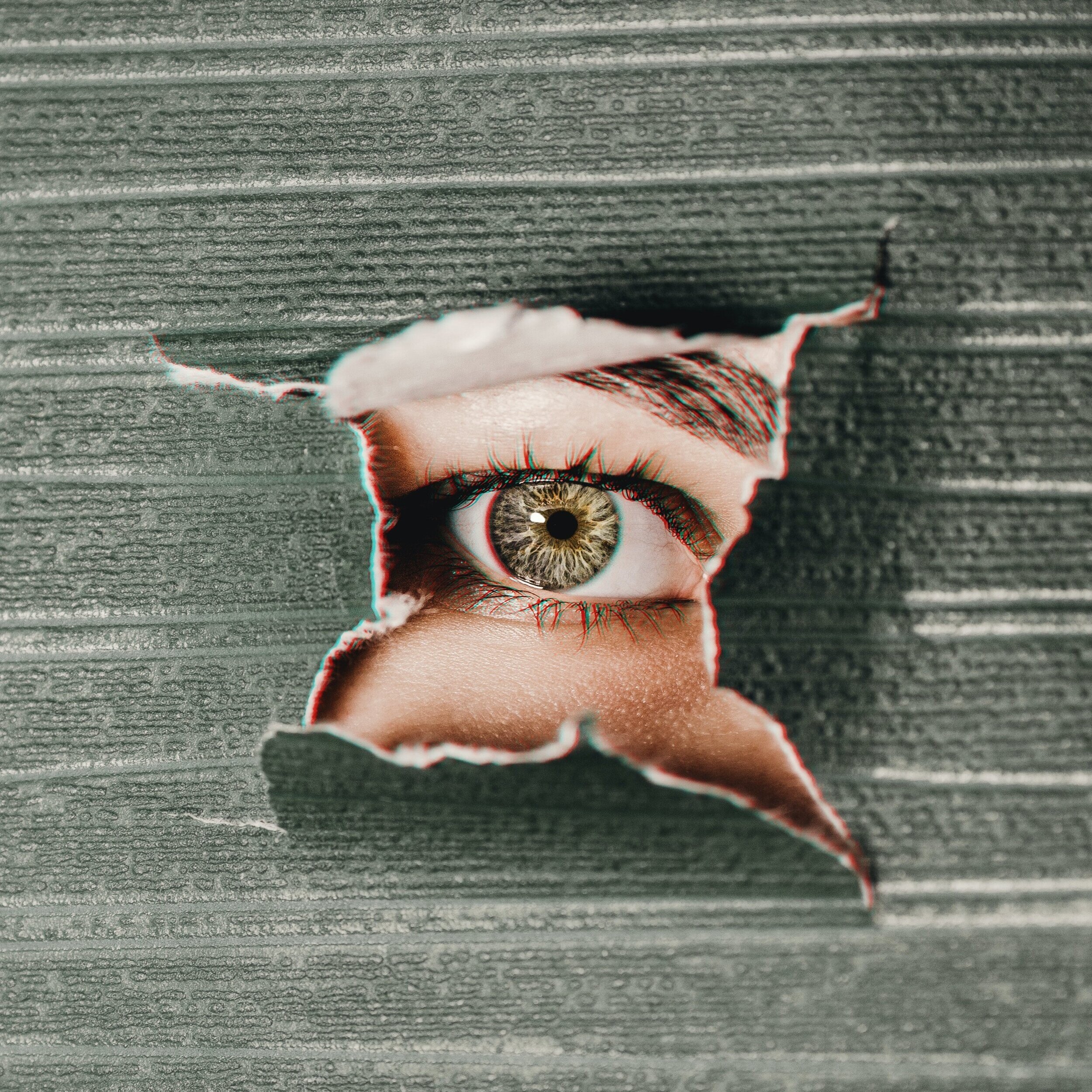Photo by Jonathan Borba on Pexels
Anxiety is nothing new in our society. Most of us probably know someone diagnosed with some form of anxiety disorder: Generalized Anxiety Disorder, Panic Disorder, Obsessive Compulsive Disorder, Post Traumatic Stress Disorder and Social Anxiety Disorder being the top five diagnosed. The rest of us, I am convinced, are on the spectrum and the incidence of it reaching higher levels of debilitation is rising. We can blame it on any number of things—news, social media, our food, our phones, lack of exercise and sleep, our president, grief, loss, chronic pain, trauma, etc.. My daughter was diagnosed with Generalized Anxiety Disorder when she was 10 years old. Ten. My husband has it, more so than myself or my son, and I can see the ripples extending way back into both of our ancestral histories. Many of us have transient anxiety, many don’t even know a normal outside of worry and rumination. I would argue that we all are dealing with some sort of anxiety on a regular basis based on this working definition of trauma:
“…anything that is too much, too soon, or too fast for our nervous system to handle, especially if we can’t reach a successful resolution.” Even further: “….anything that is experienced as threatening can generate PTSD-like symptoms and have a negative impact on our day-to-day interactions and activities. And we may not recognize what we are experiencing as symptoms of PTSD.”
In this vein, a car accident, a disagreement with a co-worker, an embarrassing event at work or school, the loss of a loved one, all of it, especially if unprocessed, could bring anxiety. I would guess many of us are unaware these little traumas land in our bodies very much like the big ones, and we relive them everyday not knowing we are trying to manage them, sometimes not very well. We are all on this spectrum of anxiety, doing the best we can, possibly numbing out and self-medicating, and perhaps not realizing why. There are those of us who have been at the top of the spectrum, super anxious for as long as they have been alive like my daughter, living in flight or fight and heightened awareness on a daily basis. She told me once she wouldn’t know how to be if she wasn’t worried all the time, this is her normal.
As humans, the fight or flight response was meant to alert us to danger, and to help us stay alive and survive. Are we warranted to worry for our survival today? With a pandemic, our political climate, and with climate change causing devastating impacts all over the globe, many are finally waking up to the gravity of our situation. For others, food, water, shelter—basic needs are still not being met. Inequality, social injustice, racial injustice still wreak havoc in our communities. For others, social media is creating a distinct gap between what is perceived and what is real, increasing perfectionism, isolation, depression and loneliness. Then, combine all of these feelings with feelings of helplessness. How do we make change in a system that is so old and well worn, run by antiquated ideas, capitalism and consumerism? It all feels so daunting and too gloomy to bear. Visions of plastic islands in the ocean, burning kangaroos, and well, you know what I mean. It’s easier to sink into another episode of Outlander or Queer Eye. It’s easier to scroll through Facebook and Instagram and get lost in the pasted prettinesses, buy something on Amazon, or eat more cake. But if you are waking up. If you can no longer sleepwalk and hide from the truth, then you know we can’t eat, buy, watch, will, or wish our anxiety or the world’s problems away. It doesn’t work. Most of us have tried.
Here’s what I know, living this way is not sustainable. The excess cortisol levels wreak havoc on our bodies and could lead to more serious long term illness or disease. And to combat the effects of loneliness, helplessness, depression, and so on, we actually have to DO something—for ourselves first, before we can effectively help what’s going on in our environment. As much as it would help for all of us run out and get a therapist, many can’t afford it, or don’t have time in their schedule to do it. But doing something is a must. Having tools to respond to anxiety has been proven to help, but finding which one works for you is a committed, work in progress. There are common ones known to work you can try, and new things are emerging all the time. But we have to try. For ourselves, our children and families, our communities and beyond. The truth is, we have to get our shit together and help ourselves so we are available to help each other.
COMMON TOOLS TO HELP REDUCE ANXIETY:
Remember, we are working with engrained pathways in our brain. Our brain’s job is to find efficient shortcuts to common emotional responses, making them reactive and impulsive. This is needed for life-saving reactions such as swerving to avoid another car, but not useful if it involves getting triggered and yelling at our loved ones. It is not useful if it involves spending too much money to numb or distract from our anxiety. Avoidance of anxiety and difficult emotions only perpetuates and keeps these patterns running in our body and nervous system. We must find tools, methods and a support system to change these old patterns and pathways.
No matter where you are on the spectrum of anxiety, the work is paying attention to what is happening to our bodies, slowing down, and recognizing the habituated patterns that stop us from truly feeling and truly healing. Believe it or not, anxiety is highly treatable. There are many highly qualified professionals and organizations that can offer support through cognitive behavioral therapy, EMDR, somatic experiencing, and biofeedback to name a few. Take some time to recognize what is most anxiety inducing. An experienced professional can help look at everything from sleep patterns, eating patterns, stress patterns, and avoidance patterns. Other accessible tools include meditating, breath work, mindfulness practices, a gratitude practice, journaling, creating art of any kind, singing, drumming, dance, yoga, hiking, forest bathing, social groups, support groups and meetups (on Zoom, or socially distanced and with safe precautions of course). These efforts will take time and practice, but we, and all those we are in relationship, are worth that time and practice.
“In many shamanic societies, if you came to a medicine person complaining of being disheartened, dispirited, or depressed, they would ask one of four questions: "When did you stop dancing? When did you stop singing? When did you stop being enchanted by stories? When did you stop being comforted by the sweet territory of silence?” ~ Angeles Arrien, Ph.D.
Learn more about how to start your own gratitude practice in our guide.

